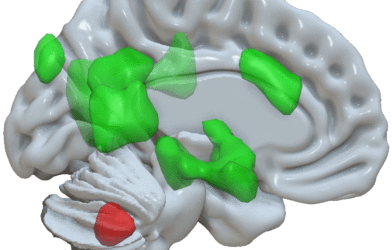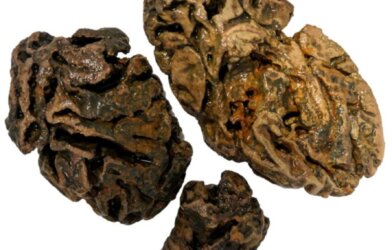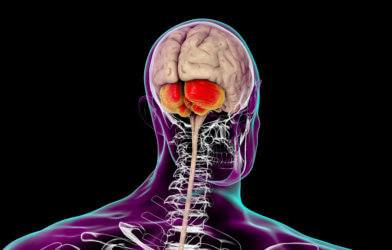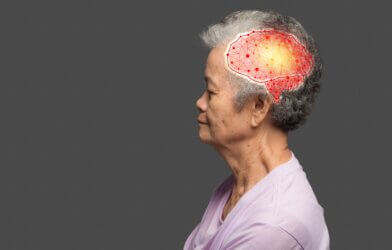Trying to understand the behavior of some people is like trying to smell the color 9. If you need a compelling reason to wear a mask, this might be it – it may help to delay the development of Alzheimer’s disease.
The olfactory system controls the sense of smell. Viruses can damage both the olfactory system, and the part of the brain associated with memory and learning, may accelerate the onset of Alzheimer’s disease (AD), according to a new study by researchers at the University of Colorado Anschutz Medical Campus.
The findings could lead to new therapies that detect Alzheimer’s disease (AD) earlier while helping to illuminate the role that viruses and the olfactory system play in driving the illness.
“We know that one of the early signs of Alzheimer’s disease is losing the sense of smell,” says Andrew Bubak, PhD, a professor in the division of neurology, in a statement. His team examined the olfactory system and the hippocampus, the memory and learning area within the brain.
The scientists examined the brain tissue of six individuals who had Familial Alzheimer’s disease (FAD) and tissue from a control group without AD. [The brain tissue is obtained after death.] found of viral infection in the olfactory bulbs of the FAD group and inflammation in the olfactory tract which carries information to the hippocampus. They also discovered altered myelination in the olfactory tract. Myelin is a protective fatty layer around nerves that allows electrical impulses to move quickly and smoothly. If it’s damaged, signaling stalls.
Scientists say inflammation in the nose from viruses can lead to Alzheimer’s. (Photo by David Matos on Unsplash)
“These findings raise the possibility that viral infection and associated inflammation and dysregulation of myelination of the olfactory system may disrupt hippocampal function, contributing to the acceleration of FAD progression,” the study says
Senior authors, Dr. Maria Nagel, a research professor in neurology, and Dr. Diego Restrepo, a professor of cell and developmental biology at the CU School of Medicine, say viruses have long been suspected of playing a role in cognition problems. Some studies have associated the SARS-CoV-2 virus, which causes COVID-19, with dementia. The virus, which travels through the nose, causes some of those infected to lose their sense of smell.
At the same time, the varicella zoster virus which causes shingles, and the herpes simplex virus, can deposit amyloid beta, a protein in the olfactory bulb which is critical to the development of AD. The viruses often linger for years even after symptoms have disappeared.
“Our hypothesis is that some viruses accelerate Alzheimer’s disease,” Restrepo says. “Does the loss of smell specifically accelerate Alzheimer’s? That’s the question.”
Bubak and Restrepo suspect inflammation and the amyloid deposits in the olfactory system interrupt communication with the hippocampus. Without sensory input, they believe, the hippocampus begins to degenerate.
“The whole olfactory pathway goes to the hippocampus. If you decrease the signaling along that pathway then you get less signaling to the hippocampus,” Bubak said. “If you don’t use it, you lose it.”
The researchers hope to next focus on better understanding the relationship between the smelling system and the hippocampus memory center in the context of viral susceptibility and nerve degeneration.
The findings are published in Neurobiology of Aging.








-392x250.jpg)



